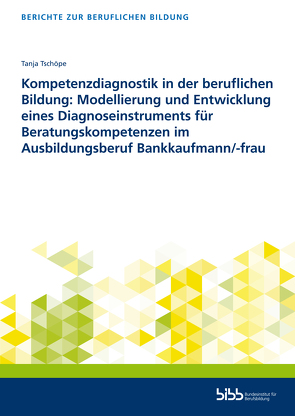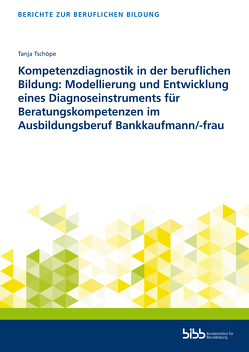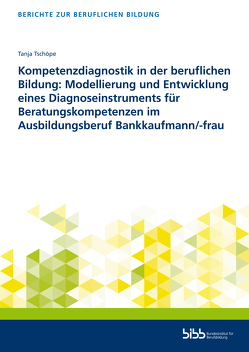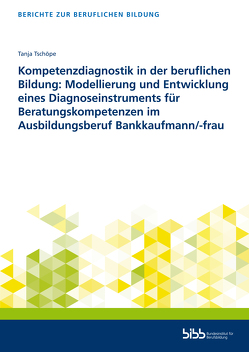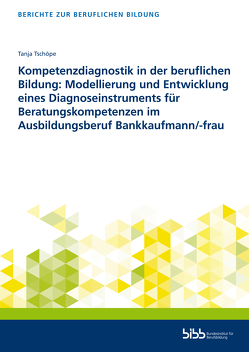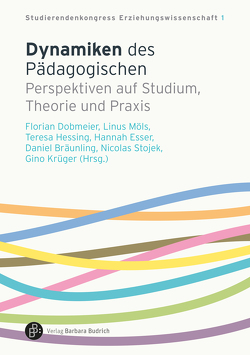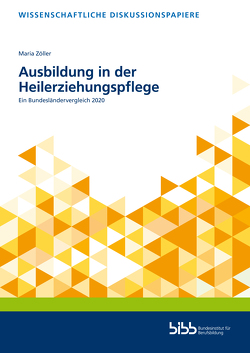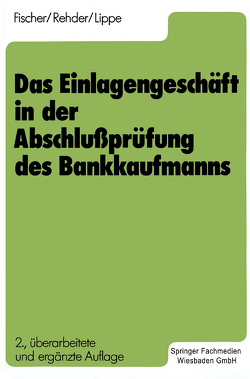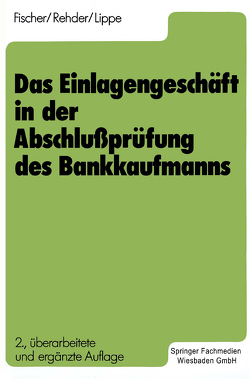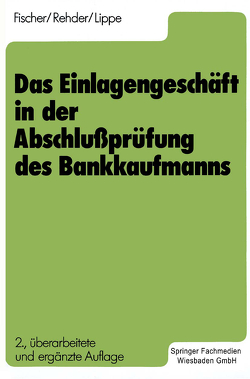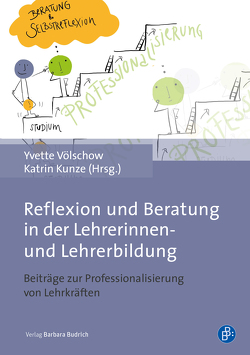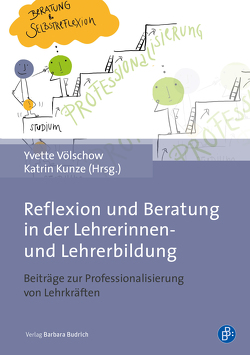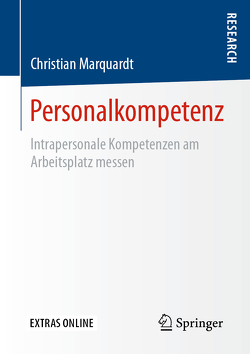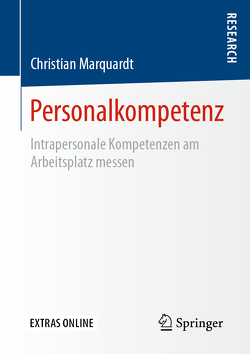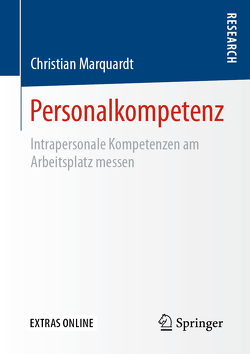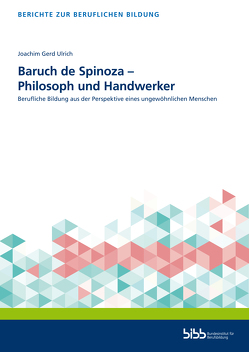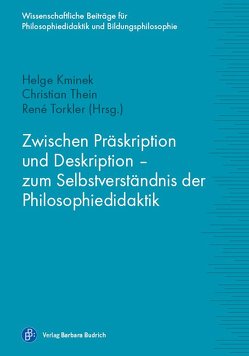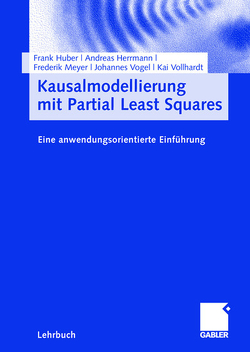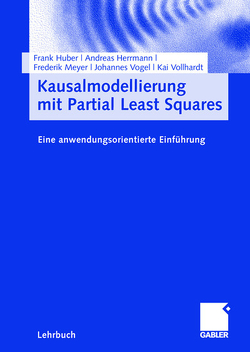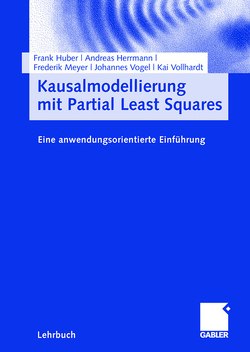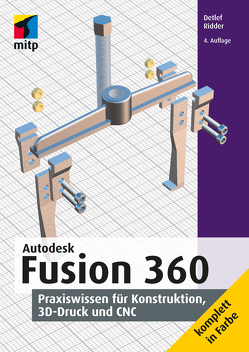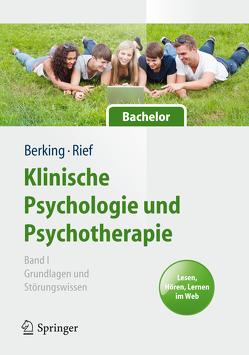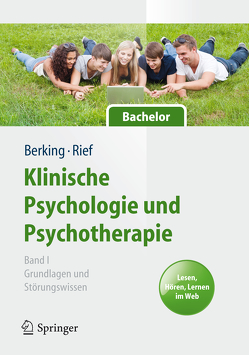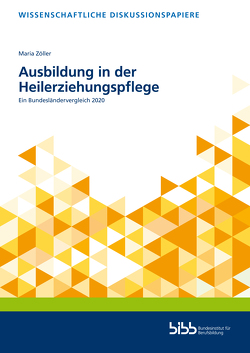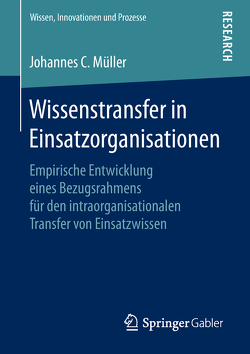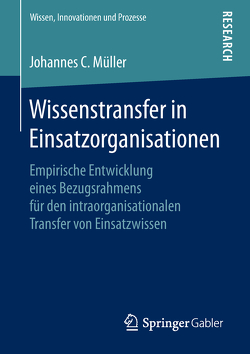Kompetenzdiagnostik in der beruflichen Bildung
Modellierung und Entwicklung eines Diagnoseinstruments für Beratungskompetenzen im Ausbildungsberuf Bankkaufmann/-frau
Tanja Tschöpe
The primary aim pursued by this dissertation is to contribute to empirical competence modeling and measurement in vocational education and training. The field of investigation is the advisory competence of bank clerks with a special focus on their social competences. Social competences play a significant role in many vocational fi elds but are still underrepresented in empirical research. The study is subdivided in three parts. First, a requirements analysis inspects the field of client advisory in the vocational training of bank clerks. Analyses of documents, interviews with experts and sighting of the relevant literature are used to examine the main tasks and activities in customer service. Particular attention is directed to the in-company part of the training provided and the tasks and activities that trainees have to perform during this training. On this basis, a competence model for the advisory competences of trainee bank clerks who are almost finished with their vocational training is developed. Second, a situational judgment test for the assessment of social cognitive competences of bank clerks is designed. The quality of the instrument is estimated based on classical test theory and confirmatory factor analysis. Third, the situational Judgment test is applied in a study covering 300 apprentices at the end of their training. Additional data on professional competences and potential predictors of advisory competences is collected with standardised surveys. Relationships are analysed using bivariate measures, multiple regression and structural equation modeling. The results are interpreted concerning their relevance for the development and training of advisory competences of bank clerks.
